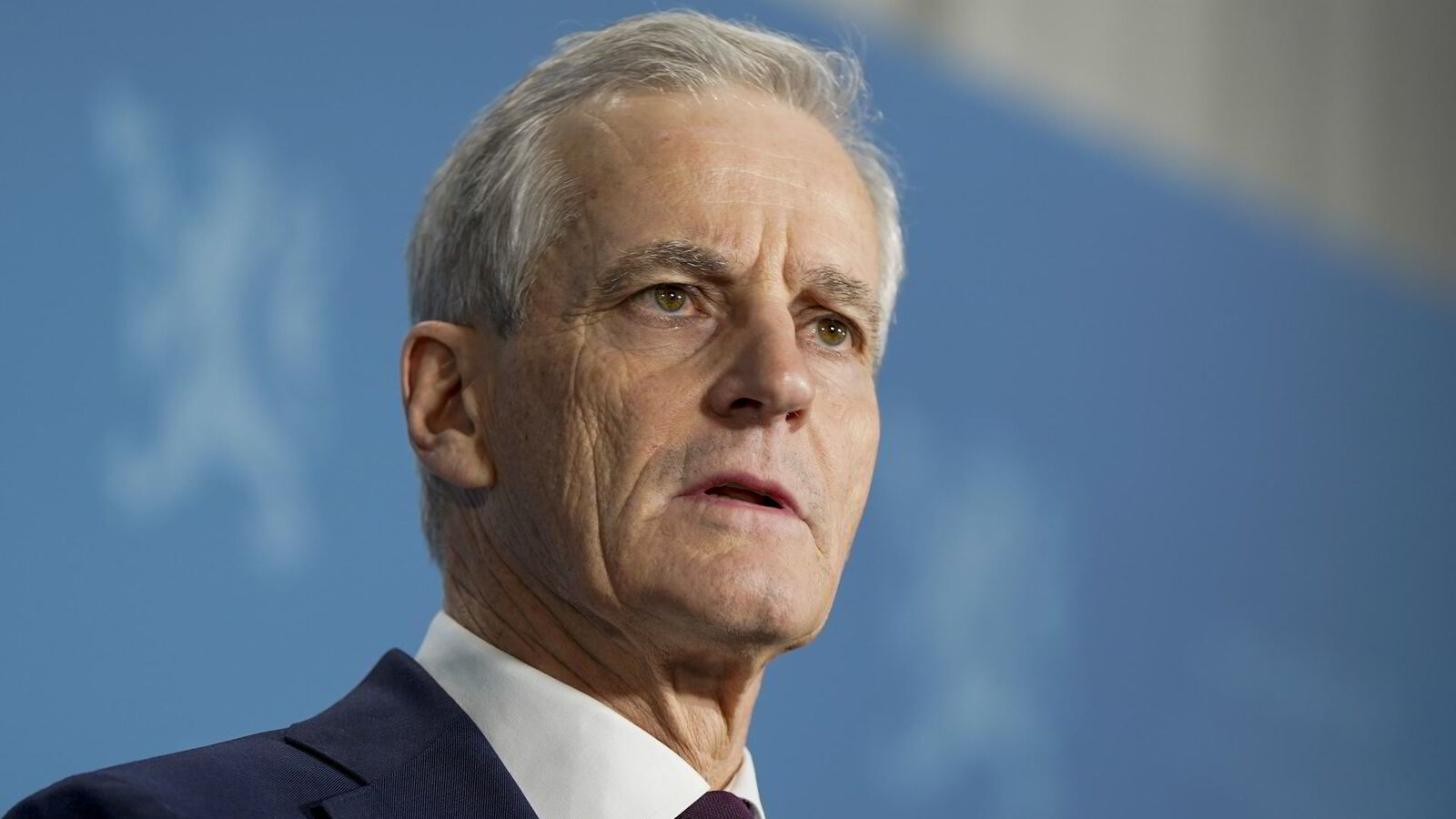Global climate action plans are "falling miles short" of what is needed to stop climate change from "crippling" economies, the United Nations has warned.
Current national climate plans submitted by 168 nations to the UN will see global emissions of greenhouse gases in 2030 just 2.6% lower than in 2019, a new report has found.
This marks only "marginal progress" since the same annual "Synthesis" report last year, when 2030 emissions were forecast to be 2.0% lower than in 2019.
And it is "only a fraction" of what is "urgently needed", it said, given emissions should plummet 43% by 2030 in order to stave off the worst impacts of climate change, as per the advice from UN climate science body the Intergovernmental Panel on Climate Change (IPCC).
The UN's climate change chief Simon Stiell said: "The report's findings are stark but not surprising - current national climate plans fall miles short of what's needed to stop global heating from crippling every economy, and wrecking billions of lives and livelihoods across every country."
"Much bolder new national climate plans cannot only avert climate chaos," he said, but can also "drive stronger investment, economic growth and opportunity, more jobs, less pollution, better health and lower costs, more secure and affordable clean energy", among many others benefits.

Follow Sky News on WhatsApp
Keep up with all the latest news from the UK and around the world by following Sky News
Updated climate plans - known as Nationally Determined Contributions or NDCs - are due next year, which will chart measures up to 2035.
The UK government has pledged to submit its new plan in November, at the UN climate summit COP29 in Baku, Azerbaijan.
On Saturday, the country's climate advisers warned the UK's new plan or NDC should commit to slashing greenhouse gases by 81% in 2035, compared with 1990 levels.
The UK, birthplace of the industrial revolution, is historically a major emitter. Its emissions have peaked and are now falling.
Global emissions are expected to peak before 2030.
This breaking news story is being updated and more details will be published shortly.
Please refresh the page for the fullest version.
You can receive Breaking News alerts on a smartphone or tablet via the Sky News App. You can also follow @SkyNews on X or subscribe to our YouTube channel to keep up with the latest news.

 5 months ago
42
5 months ago
42
























 English (US)
English (US)